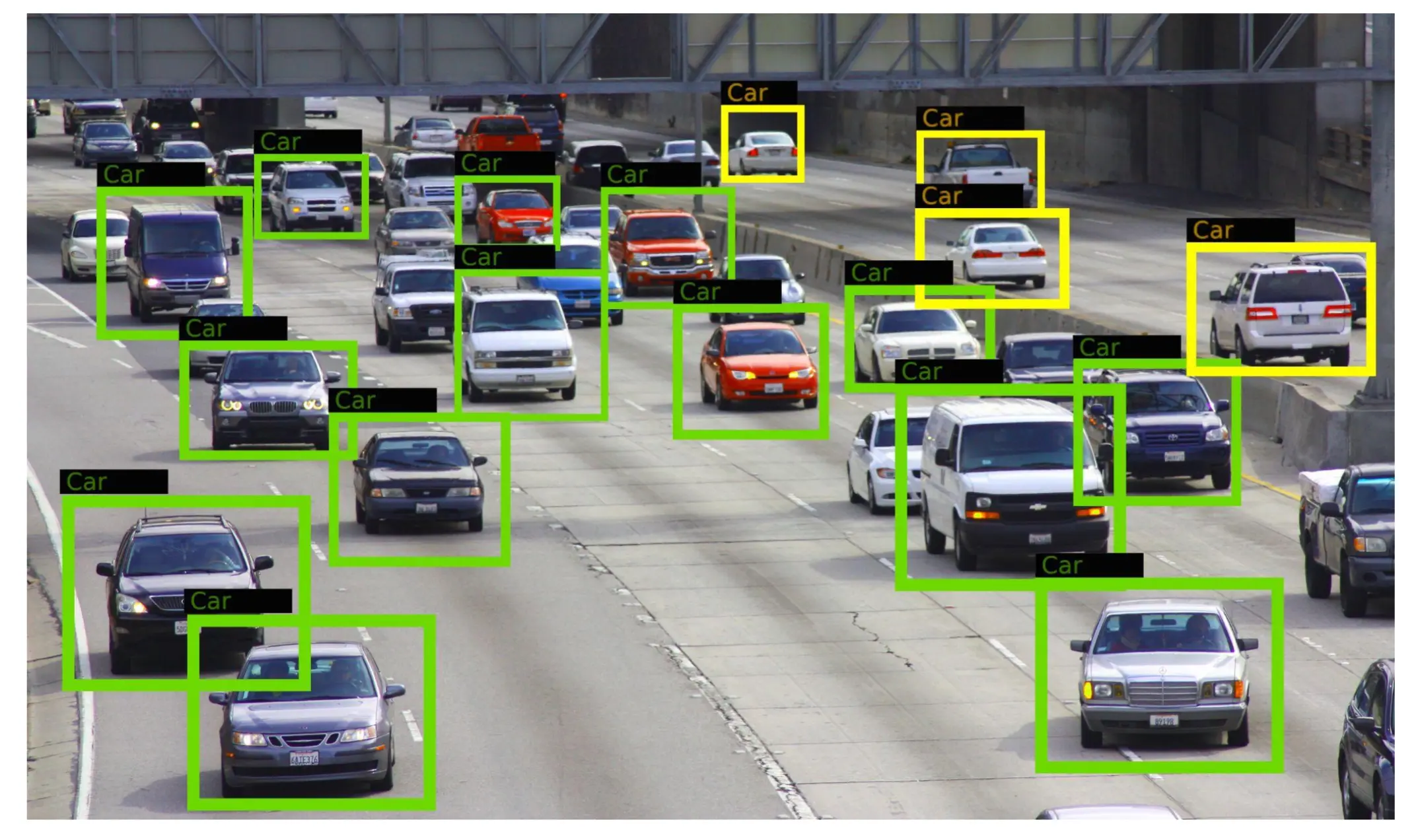- Publication: The U.S. Department of Education Office
- Publication Date: May 2023
- Organizations mentioned: U.S. Department of Education, Office of Planning, Evaluation and Policy Development, Office of Educational Technology, White House Office of Science and Technology Policy, European Commission Directorate-General for Education, Youth, Sport and Culture
- Publication Authors: Miguel A. Cardona, Roberto J. Rodríguez, Kristina Ishmael
- Technical background required: Medium
- Estimated read time (original text): 150 minutes
- Sentiment score: 65%, somewhat positive
TLDR
Goal: This report, authored by key figures in the U.S. Department of Education, aims to explore the integration of Artificial Intelligence (AI) in education. Motivated by AI’s potential to transform teaching and learning, the report seeks to understand how AI can be harnessed to enhance educational outcomes, while also addressing the challenges and ethical considerations involved.
Methodology:
- The report employs a comprehensive review of current AI applications in education, examining existing policies and practices.
- It includes analysis from various stakeholders, including educators, policymakers, and technology developers, to gain a holistic view.
- The study also compares international AI educational strategies, particularly referencing European Commission directives.
Key Findings:
- AI can personalize learning, adapting to individual student’s needs and pacing, leading to improved engagement and outcomes.
- There’s a growing need for ethical guidelines and policies to govern AI use in education, ensuring fairness and privacy protection.
- AI tools can assist in reducing teacher workload, allowing more focus on student interaction and personalized teaching.
- The report highlights a digital divide, noting that unequal access to AI technology can exacerbate educational inequalities.
- Training and professional development for educators in AI technology are crucial for effective implementation.
- Collaboration between educators, technologists, and policymakers is necessary for the responsible and effective use of AI in education.
Recommendations:
- Develop comprehensive policies and ethical guidelines for AI use in education, focusing on equity and data privacy.
- Invest in teacher training programs to enhance educators’ understanding and effective use of AI tools.
- Promote equal access to AI technologies across different regions and demographics to prevent widening educational disparities.
- Encourage ongoing collaboration between educational institutions, technology developers, and policymakers.
- Monitor and evaluate the impact of AI in education regularly, adjusting strategies to ensure optimal learning outcomes.
Thinking Critically
Implications:
- Economic and Educational Inequality: Full adoption of AI in education might widen economic and educational disparities if not universally accessible. Students in under-resourced areas could fall further behind, potentially exacerbating socio-economic divides.
- Workforce Transformation: Widespread integration of AI in education could transform the workforce, requiring new skill sets and possibly displacing traditional teaching roles, leading to a need for significant reskilling and upskilling.
- Policy and Ethical Considerations: Implementation of AI in education would necessitate comprehensive policy reform, focusing on ethical use of data and AI. This could lead to significant political debates and legislative actions, shaping the future landscape of educational technology.
Alternative Perspectives:
- Methodological Limitations: The report’s findings might be limited by its reliance on current AI applications and stakeholder perspectives, potentially overlooking future technological advancements or unanticipated ethical challenges.
- Overemphasis on Technology: Some may argue that the report overemphasizes technological solutions at the expense of human-centric approaches in education, potentially neglecting the importance of human interaction and traditional teaching methods.
- Privacy Concerns: Skeptics might raise concerns about data privacy and surveillance, suggesting that the report underestimates the risks associated with extensive data collection in educational settings.
AI Predictions:
- Personalized Learning Growth: AI’s role in personalized learning is likely to grow, offering more tailored educational experiences and potentially improving student engagement and learning outcomes.
- AI-Driven Assessment Tools: Development of sophisticated AI-driven assessment tools could revolutionize student evaluations, offering more accurate and timely insights into student performance.
- Hybrid Learning Environments: The future may see a rise in hybrid learning environments, blending AI technology with traditional classroom settings, to create a more dynamic and interactive educational experience.
Glossary
- AI Personalization: Tailoring educational content and pacing according to individual student needs using AI.
- Ethical AI Guidelines: Frameworks proposed for the responsible use of AI in education, emphasizing fairness and privacy.
- AI Teacher Assistants: AI tools designed to alleviate teacher workload, allowing for greater focus on student interaction.
- Digital Education Divide: The disparity in access to AI educational technologies between different regions and demographics.
- AI Pedagogy Integration: The incorporation of AI technologies into teaching methodologies and curriculums.
- Educational AI Policy Development: The process of creating policies to guide and regulate the use of AI in educational settings.
Figures
Members also get access to our comprehensive database of AI tools and fundraising

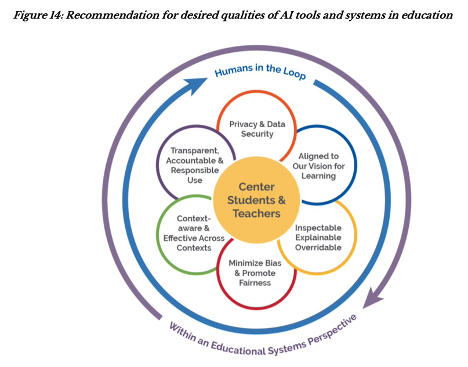

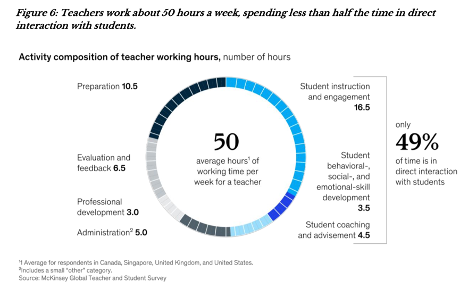
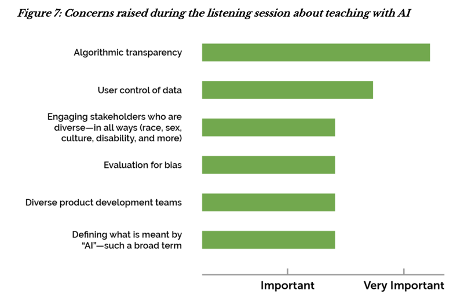
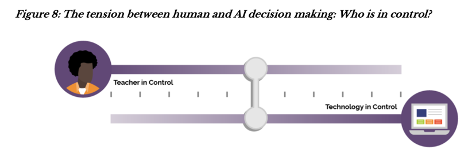
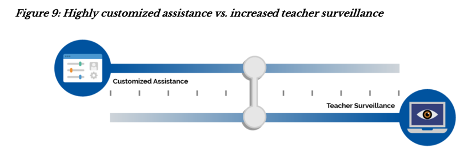
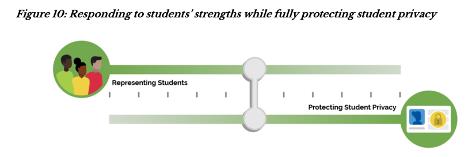

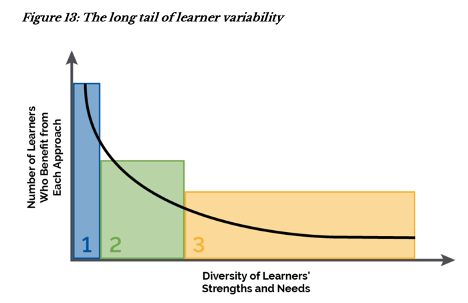
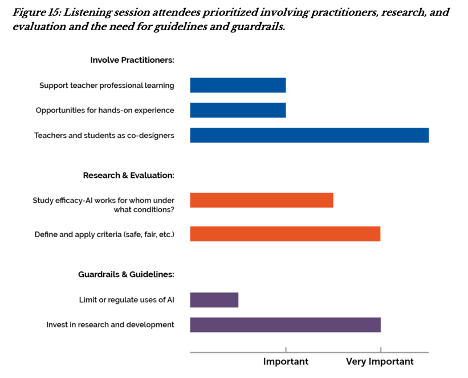
 Join hosts Anthony, Shane, and Francesca for essential insights on AI's impact on jobs, careers, and business. Stay ahead of the curve – listen now!
Join hosts Anthony, Shane, and Francesca for essential insights on AI's impact on jobs, careers, and business. Stay ahead of the curve – listen now!


